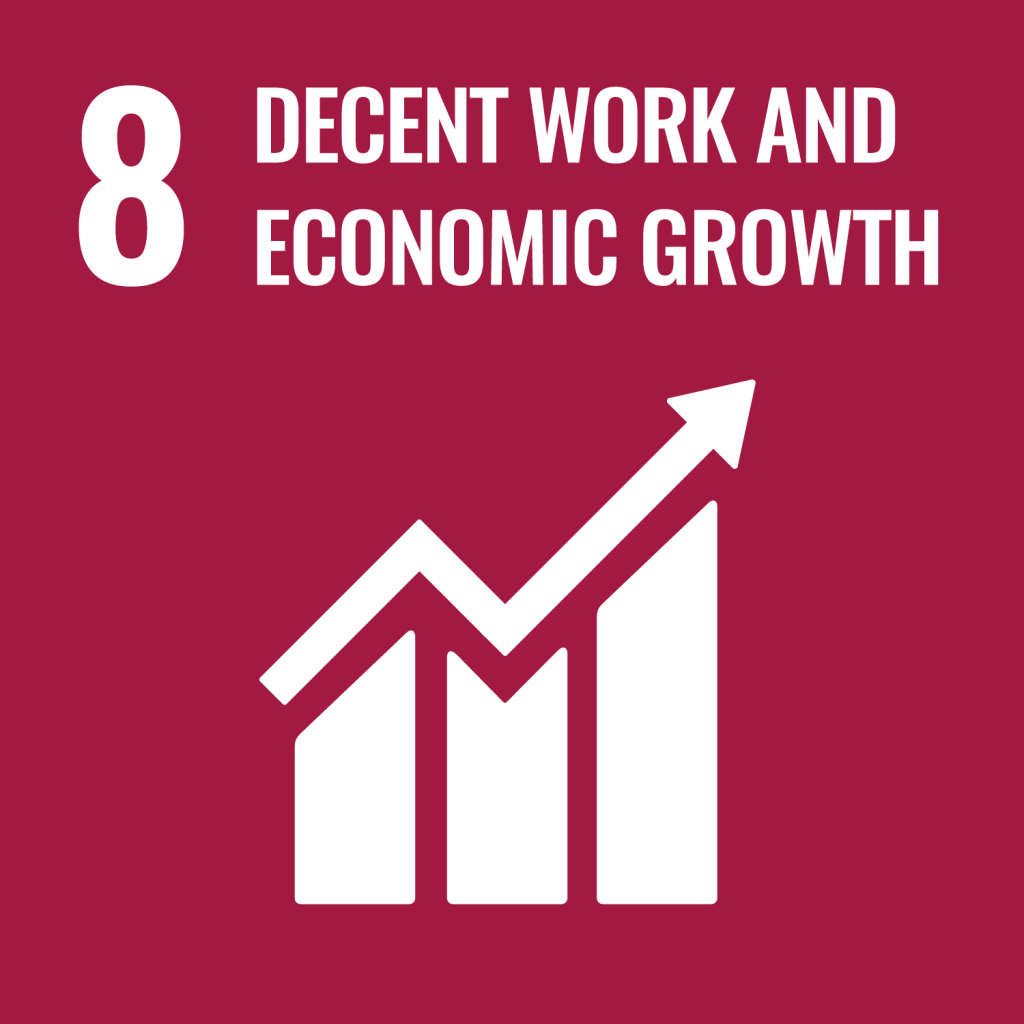Brygghuset Finn
Micro (1-9)
Beverage production
Food & Beverage
Lesson
This is a case study of a micro-sized SME that produces local craft beer while focusing on reducing both waste and CO2 emissions, and increasing engagement in the regional craft brewer sector. Through collaboration with the other craft breweries who consider themselves as allies in the competition against large-scale breweries, the SME manages to reduce costs and create a community of learning and sharing amongst regional craft breweries.
Background
The brewery, Finn, was founded in 2012 in Landskrona, in the region of Scania, Sweden, by three friends, an economist and two engineers, with a passion for craft beer. Their mission was to make people passionate for local and high-quality craft beer. Finn offers a broad variety of locally produced beer, which they produce with traditional craft brewing methods combined with innovative engineering.





Sustainability Story
The Finn brewery considers sustainability as crucial for the long-term survival of their business and is striving to improve their sustainability with the resources at hand. Due to the company’s small size, their main challenge is to keep the small business profitable and secure jobs while they compete with large-scale breweries that can offer beer at lower prices and also invest more resources in sustainability. Finn’s mission statement is to produce high quality beer at a reasonable price and as sustainably as possible.
Finn has a broad range of sustainability practices throughout the entire value chain. They optimize packaging and transport, as well as the production processes to reduce CO2 emissions and waste. Finn engages socially through practices like supporting diversity through collaboration with pride organizations, local community engagement for beer festivals, and engagement for responsible consumption. Moreover, Finn is well-connected to other craft brewers in the region and was engaged in initiating a consolidated transport of end products from several craft breweries in southern part of Sweden to their main customer, the federal liqueur monopoly, that is located in the middle of Sweden. An interesting aspect in the collaboration of craft breweries is that they do not consider each other as competitors. Instead, the craft breweries collaborate and support each other in their struggle to compete against large-scale breweries in a highly regulated alcoholic beverage sector. This led to the founding of Scania´s alcoholic beverage producers´ association in which Finn has taken a leading role. The association organizes regional festivals to further sales of craft beverages, as well as capacity building events for their members. In a collaboration with Lund University (SustBeerLab), nine sustainable brewing principles have been co-created amongst the members and other actors in the field.
Brygghuset Finn Practices
| Local, low-waste and low-carbon production | Local embeddedness and collaboration with other craft beverage producers |
|---|---|
| The company continuously optimizes processes to reduce/ integrate/ recover waste and by-products and save energy and CO2. They engage in an experiment with Lund University to locally grow hops in a greenhouse adjacent to the brewery augmented with waste CO2 from brewing processes. | The leadership is engaged in the local brewing scene and tries to help other local craft brewers grow and evolve. E.g. Co-founding of the craft alcohol beverage producer association in Scania and initiating a consolidated transport of end-products with to the federal alcohol monopoly´s storehouse. Moreover, the company has collaborated with Lund University on the development of sustainable brewing principles for the craft alcohol beverage producer association in Scania. |
Pathway Map
Local Embeddedness and Collaboration with Other Craft Beverage Producers
View the Pathway MapLocal, Low-Waste and Low-Carbon Production
View the Pathway MapEnabling Factors for Practices
Finn’s sustainability practices are enabled by a number of key actors, policies, resources, and partnerships:
| Internal to the organization | External to the organization |
|---|---|
| Good engineering know-how for energy and water saving optimizations | Well-connected to other craft breweries and stakeholders |
| Finn has reached a certain production scale that is necessary for certain energy efficiency measures (e.g. re-using of heat) | State funding to establish CO2 capture system |
| Regional funding for energy assessment | |
| Research funding for hyperlocal hops growing experiment | |
| Research expertise on sustainable brewing through university researcher |
Arresting Factors for Practices
| Internal to the organization | External to the organization |
|---|---|
| Federal liqueur monopoly is not supporting breweries that engage with sustainability, e.g. transport consolidations | |
| Social engagement is difficult because most organisations do not want to be connected to the alcohol industry and the federal liqueur monopoly restricts sponsoring (e.g. of sports) | |
| Undifferentiated alcohol tax gives small-scale producers a relative disadvantage compared to large-scale producers | |
| Small-scale producers have less personal and financial resources to work with sustainability; focus is on profitability and up-scaling production to a level that allows for more energy-efficiency measures | |
| Limited ways of reaching out to customers to inform about sustainability due to alcohol monopoly |

